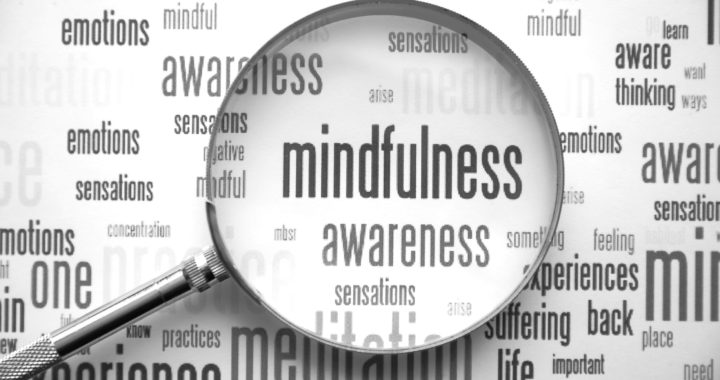By Jacqueline Stefanak
Developed in the late 1980s, Dialectical Behavioral Therapy, or DBT, has grown to be a well-regarded form of mental health treatment. You may have heard of DBT and wondered, is it for me? Founded on Cognitive Behavioral Therapy, DBT focuses on the relationship between a person’s thoughts, feelings, and behaviors. The term “dialectical” refers to bringing together seemingly opposite ideas. In the case of DBT, the main dialectic is between acceptance and change — the idea that you can accept how you feel, your relationships, your place in life at this time, but also make changes and move forward in positive ways.
Founded by American psychologist and author Marsha M. Linehan, DBT introduces concepts such as mindfulness and acceptance to traditional Cognitive Behavioral Therapy. Originally used to address severe mental health issues, DBT has been found to benefit anyone who wants to improve the way he or she manages emotions and addresses conflicts in relationships. Most recently, DBT has been shown to be helpful for individuals facing issues such as depression, anxiety, eating disorders, and substance use–issues that many of us will face at different times in our lives.
“At some point, we all face stressful and emotional situations, like the loss of a loved one, that are difficult to accept. Rather than facing such strong emotions and working on acceptance, we may have a tendency to avoid them, which can lead to unhealthy behaviors and even more stress,” states Krista Zanfardino, LCSW and Associate Vice President at CoveCare Center in Carmel, NY. “DBT offers an excellent set of tools to learn how to deal with your emotions in an effective, positive way,” adds Ms. Zanfardino.
DBT puts forth three ways to view your state of mind: emotion mind, reasonable mind, and wise mind. Emotion mind occurs when your thinking is being highly influenced by your emotions. Reasonable mind is when you are thinking logically and rationally, devoid of emotion and extremely focused. Finally, wise mind is the state of balance between the two – a way of recognizing your emotions while responding in effective ways.
Within DBT, there are four main skill groups that assist individuals in achieving wise mind: mindfulness, distress tolerance, emotion regulation, and interpersonal effectiveness. These help an individual to build coping skills and become more effective in managing thoughts, emotions, and behaviors.
Mindfulness addresses the concept of remaining in the present moment. The related skills focus on helping you identify how you feel, slow down your thoughts if needed, and acknowledge and experience your emotions and thoughts without judgement. Ms. Zanfardino states, “Mindfulness teaches us to pay attention to the moment, how to be present.”
Distress tolerance focuses on increasing your ability to tolerate strong emotions that may feel overwhelming. For example, if you are suffering and feeling sad or alone, you may fall back on avoidant behaviors such as drinking, over-eating, or over-spending to escape your feelings. Distress tolerance skills help individuals increase their ability to tolerate, and even accept, negative emotions rather than avoiding them or worsening the situation.
The third basic tenet of DBT is emotion regulation, which builds on distress tolerance. These skills help you manage strong emotions, emotions that you may try to avoid rather than address and resolve. Some of the skills focus on improving physical health as a way to reduce emotional vulnerability. By taking care of your physical health, eating well, avoiding drugs and alcohol, and getting proper sleep and exercise, you can feel stronger emotionally. “If you can understand how your physical health impacts your mental health, you can begin to be less emotionally vulnerable. Emotion regulation skills set you up for success,” comments Ms. Zanfardino.
Finally, interpersonal effectiveness focuses on techniques to improve communication with others and maintain healthy relationships. The way we communicate impacts our relationships and our ability to get what we need or want from others. The focus is on balance and being able to act and speak in a thoughtful, effective way rather than responding purely from an emotional state. In addition, by examining relationships and identifying what is working and not working, you can better understand your needs and set appropriate boundaries with others.
There are many more aspects to DBT, more concepts and skills that can be applied during times of stress and high emotions. This versatility is what makes DBT accessible to anyone seeking a change in awareness of how thoughts, emotions and behavior are connected. “Find the skills that work for you, and practice them,” adds Ms. Zanfardino. “There’s something in DBT for everyone.”
